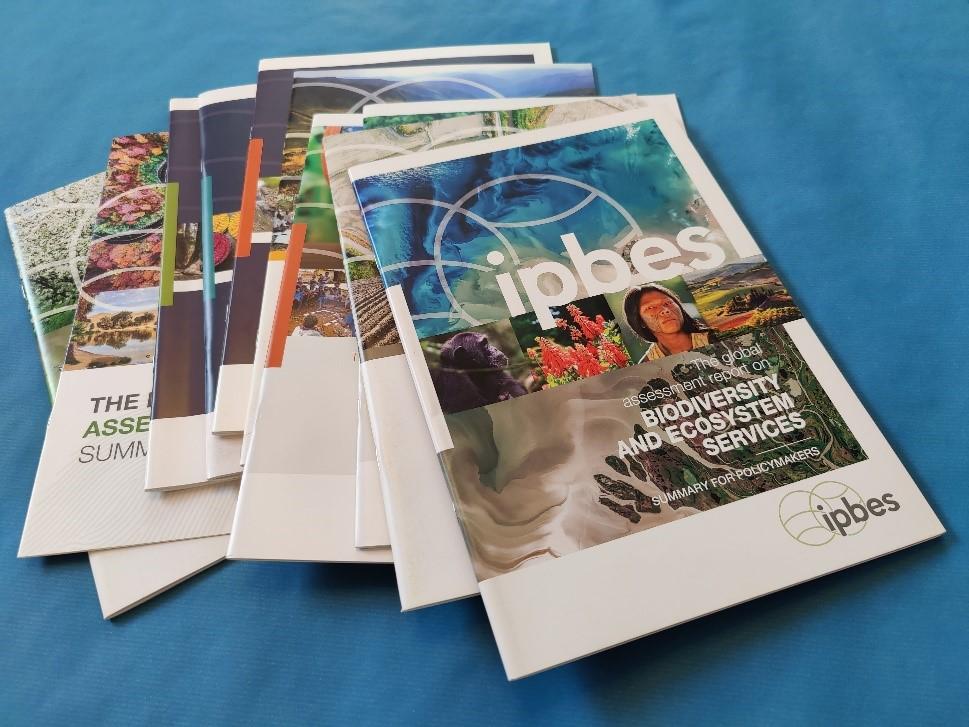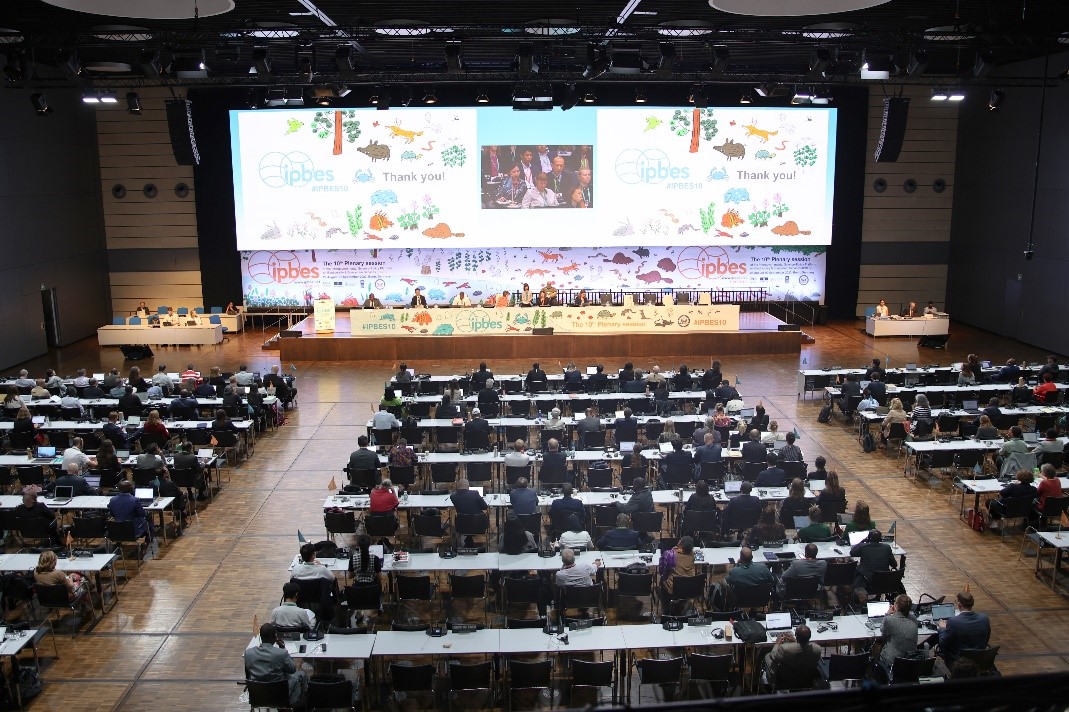
Submitted by A.B. Youngman on Wed, 13/12/2023 - 17:06
GFS IRC member Franziska Fischer, facilitates stakeholder engagement for the IPBES ONet facilitation team. Here she writes about the opportunities and benefits that IPBES has to offer ECRs.
The Intergovernmental Science-Policy Platform on Biodiversity and Ecosystem Services (IPBES) is “the IPCC for biodiversity.” It is one of the world’s largest and most high-profile initiatives providing scientific evidence for policy. Its publications respond to questions posed by its 145 member governments: a direct link to policymakers.
The platform is best-known for its reports, perhaps most famously its 2019 Global Assessment Report on Biodiversity and Ecosystem Services. It has also addressed individual regions, specific themes such as invasive alien species, and methodological questions such as the valuation of nature. In 2021, IPBES and IPCC worked together on their Co-Sponsored Workshop on Biodiversity and Climate Change; in 2022, they jointly won the Gulbenkian Prize for Humanity.
Alongside its reports, IPBES builds capacity, promotes the generation of knowledge and the management of data, supports policy, and engages with stakeholders. The platform runs on the volunteer contributions of thousands of researchers, practitioners, holders of indigenous and local knowledge, and policy experts.
The University of Cambridge is an IPBES Observer organisation.
IPBES is interdisciplinary, and seeks to include a wide range of diverse voices. As an early career researcher, you are most welcome: here are a few ideas on how you can contribute your expertise and benefit from IPBES:
- Become a reviewer
- Become a fellow (NB application deadline extended to 9th January 2024)
- Access IPBES outputs for your teaching and research
- Join an IPBES stakeholder network
Read Franziska's article in full here.
Tenth session of the IPBES Plenary, Bonn, Germany, 2023 (Picture: Anastasia Rodopoulou/IISD/ENB)


